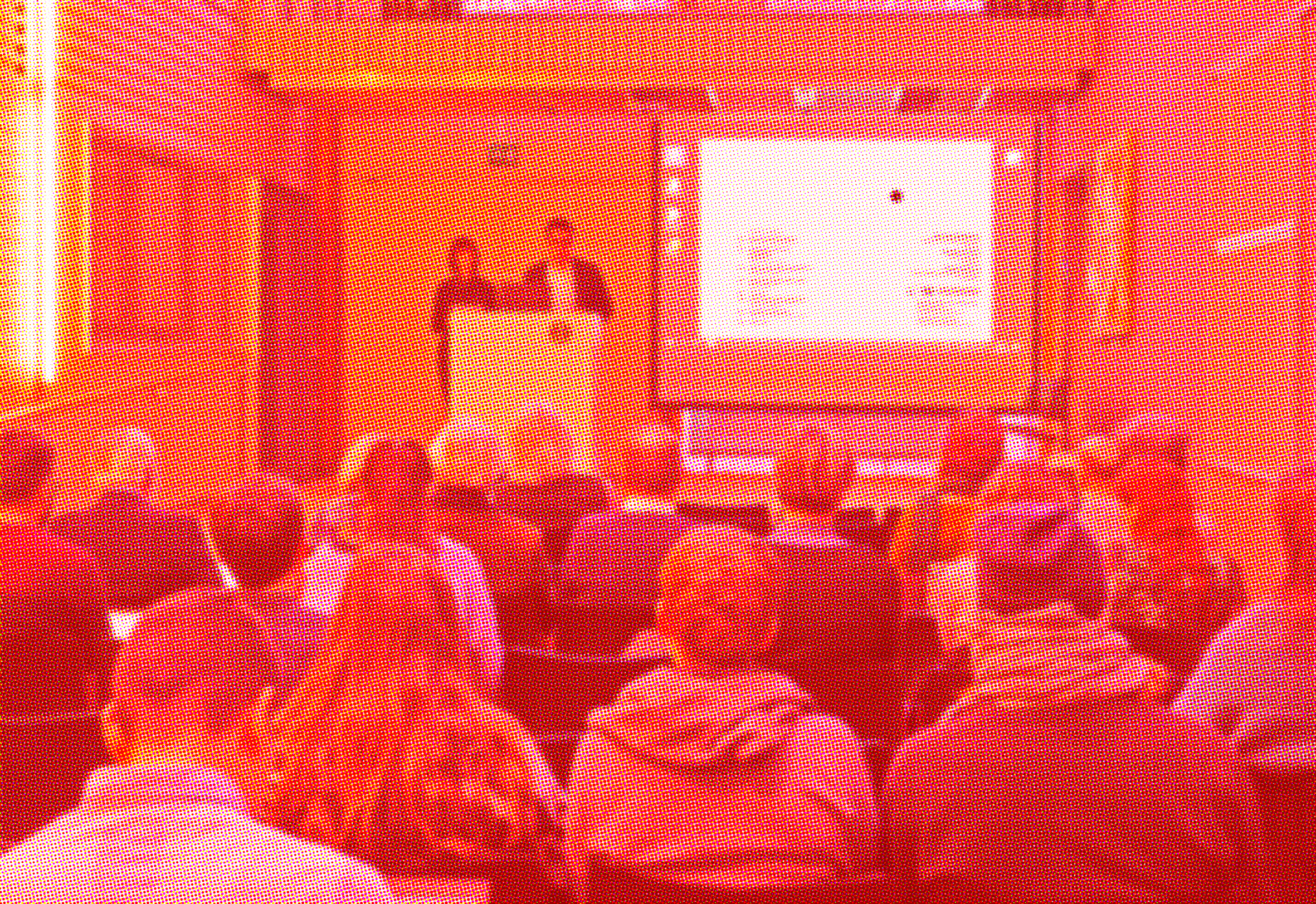
‘I believe all human feeling and thinking can be ‘charted’ between two poles: loneliness and the desire to belong. The only human absolute is loneliness, and all else emanates from it and is dependent on that source.’
(B. L. Mijuskovic, Feeling Lonesome: The Philosophy and Psychology of Loneliness,
2015)
Nowadays, there are broad sectors of society that, for various reasons, suffer from loneliness. This situation is even perceived as a kind of epidemic. It is certainly pertinent to analyse such a phenomenon in order to understand whether the situation really is part of a normality that has not been sufficiently understood and managed. There is no doubt about the implications of loneliness in many psychiatric diseases and its inextricable relation to hostility. As such, we should confront the issue head on. It is also true that current socio-economic, political, environmental, and technological premises are triggering undesired situations that are increasing the feeling of loneliness in society.
Nonetheless, loneliness could also be considered not as a medical condition or illness but rather as a feeling consubstantial with the human condition. It is both a universal experience (i.e. we all are individual beings), and a private one (i.e. because of the many ways a person experiences being lonely). From a psychological perspective, there are nuances, ambiguities and emotional intricacies to consider.
There are varied and conflicting philosophical explanations of the phenomenon. On the one hand, there is the viewpoint of materialist, behaviourist, and empiricist paradigms, which consider loneliness to be caused by contextual factors, and therefore a contingent and transient experience. On the other hand, there are those traditions that consider the feeling of loneliness as an everlasting, inevitable condition that is immanent to the operation of consciousness. All in all, these viewpoints seem to lead us to the understanding that we are facing an extremely intricate phenomenon.
Read the full article here.
